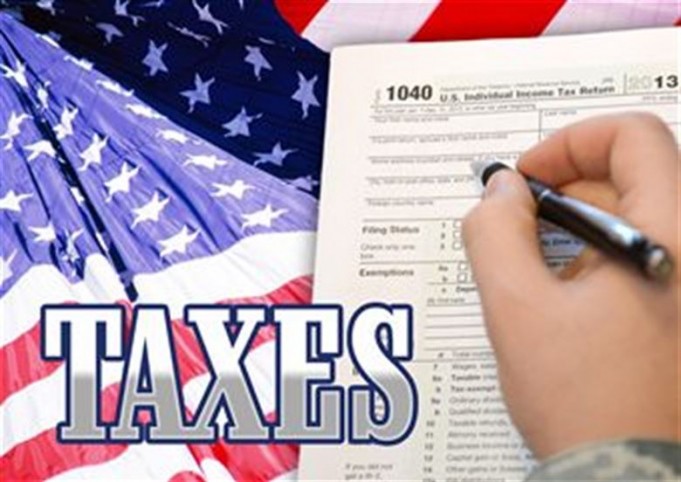Indirect Tax Analyst
Indirect tax is the type of tax that is collected by an intermediary (such as a retail store) from the customer. The intermediary later forwards the tax proceeds to the government and files a tax return. It is the opposite of the direct tax which is collected by the government directly from the person to whom it is applied. The tax is where the event of taxation and the impact of taxation does not fall under the same unit.
The Event of an Indirect Tax
In the event of an indirect tax, the taxpayer’s burden of tax is shifted to someone else, typically the consumer. It affects and can be utilized to raise the price of the product upon which it is imposed. Examples of indirect tax are central excise, customs duty, service tax, and value-added tax (VAT) on fuel, liquor, cigarettes, etc. For example, let’s see how the tax on the motor car works. Excise duty on it is paid first paid by the car manufacturers. Then after its sale, the charge of this duty is shifted to the buyer in the form of a higher amount. This is how a tax is typically passed on.
The amount to which the charge of the tax is passed on dictates whether a tax is principally direct or principally excise. This is the operation of the relative flexibility of the supply and demand, and the goods and products or services being taxed. But if we follow this definition, even income taxes may fall under the category of indirect taxes.
Excise Taxes in the United States
Indirect taxes or excise taxes in the United States are made by the federal government, state governments, and local governments. They are not the same all over the country. Excise tax in the United States is typically an indirect tax on the listed items specified. Some excise taxes are not directly paid by the customer. They are collected from the retailers and the produces themselves. These often remain “hidden” within the product price or the service fee instead of being added separately.
An indirect tax analyst is in charge of excise tax under the activities including payments, returns, account reconciliations, and audits for the state. These tax analysts also help companies, manufacturers, and high earning individuals file their tax returns. They make sure that these returns are filed under the federal, state, and local laws. Tax analysts are also responsible for collecting and developing tax data. Then, they evaluate and assess the tax returns, carry out the tax research, and maintain records of the same.
Conclusion
In this truly global world, it is a fast-paced and chameleon-like, ever-changing world. Tax analysts are an extremely important entity to the global financial world which is so inconsistent. Indirect tax analysts are responsible for not only providing an end to end global tax calculations, but also providing solutions for sales and use tax. Moreover, they help with communication taxes, value-added tax, and other excise taxes to the companies or high-wealthy individuals they work for.









